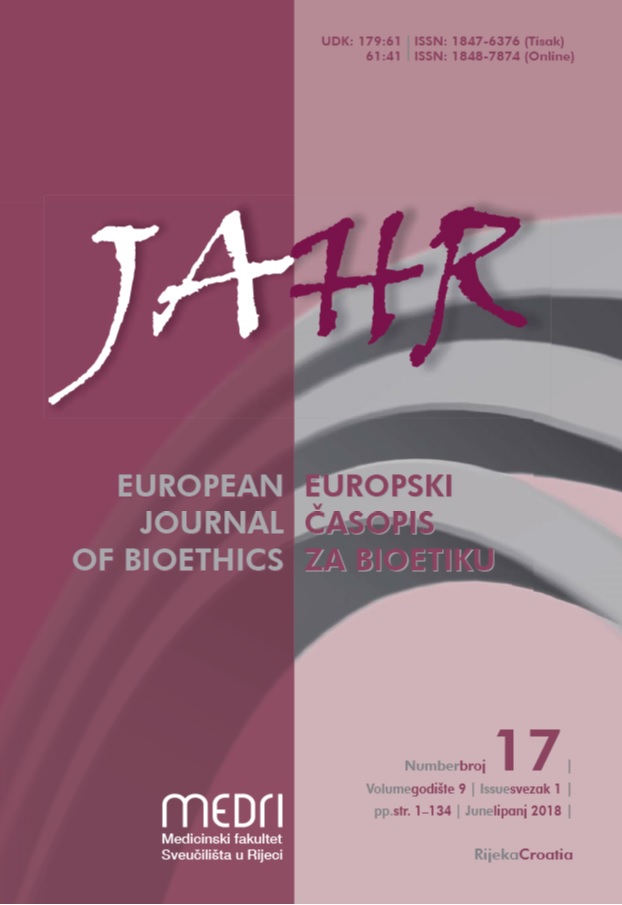Economical, Environmental and Ethical Impact of Food Wastage in Hospitality and Other Global Industries
Keywords:
food loss, food waste, sustainable management, ecological footprint, hospitality, global industriesAbstract
https://doi.org/10.21860/j.9.1.1
There is something horrible about throwing food in the bin. Based on existing literature, 30-50 percent (i.e. 1.2-2 billion tons) of the produced food never reaches anyone’s plate. Global food production can be split into production losses, consumers’ waste and consumption. In a world where 850 million people are undernourished, global food supply per person approximates to 570 kg: roughly, 380 kg is consumed, 140 kg is lost in the production and 50 kg is wasted by consumers. Households generate 53% of the total food waste in Europe, the processing industry 19%, food services 12%, the primary production sector 11%, and the retail/wholesale sector 5%. The European hospitality industry is a small food waster that generates only 12% of the total food waste in Europe. Wasted food is accountable for 3.3 GtCO2e. The average carbon footprint of food wastage is about 500 kg of CO2 equivalents per person per year. The blue water footprint of food wastage is about 250 km3. 1.4 billion Ha of land – 28% of the world’s agricultural area – is used annually to produce food that is either lost or wasted. The food which is not eaten contributes to the loss of biodiversity through habitat change, overexploitation, pollution and climate changes. Prompted in part by global food production inefficiency, 9.7 million hectares are deforested annually to grow food – 74% of the total annual deforestation. The scale of global food wastage is shocking, and this wasted food results in a number of ethically questionable implications. Pope Francis rightfully points out that from the moral standpoint prodigal expenditure and wasting of food is no better than stealing from the hungry and poor. From the ecological standpoint, it is no better than stealing from our own children. But moralizing, identifying problems, knowledge and information distribution, and suggesting solutions surely will not convince people to implement offered solutions. The world needs progressive politics for a fairer world to achieve more equitable distribution of wealth. Tourism and the whole hospitality industry can and must play an important role in raising awareness of the value of food. The entire touristic sector can promote changes in food management and consumption with very positive environmental and economic results.
Downloads
Published
Issue
Section
License
Authors who publish with this journal agree to the following terms:
- Authors retain copyright and grant the journal right of first publication with the work simultaneously licensed under a Creative Commons Attribution License that allows others to share the work with an acknowledgement of the work's authorship and initial publication in this journal.
- Authors are able to enter into separate, additional contractual arrangements for the non-exclusive distribution of the journal's published version of the work (e.g., post it to an institutional repository or publish it in a book), with an acknowledgement of its initial publication in this journal.
- Authors are permitted and encouraged to post their work online (e.g., in institutional repositories or on their website) prior to and during the submission process, as it can lead to productive exchanges, as well as earlier and greater citation of published work (See The Effect of Open Access).



